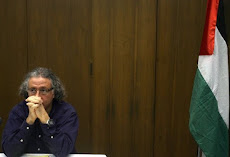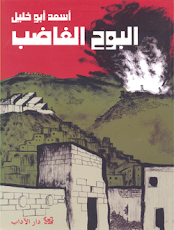From a well-placed source: "Yes, the lobbying is standard, seats at the Security Council
are coveted and each non-member state seat represents entire regions, countries
in these regions must agree for a state to be 'elected' into a seat,
particularly on a 'clean slate' which is what the Saudi's had (meaning,
uncontested). Arab states are typically represented by either an Africa seat or
a Pacific seat. They rotate between them so there is a lot of bureaucratic preparation
that goes into the timing and bidding for a seat. Saudi would have replaced
Pakistan, occupying a Pacific seat (Morocco who will still be in the Council
until 2015 is occupying an Africa seat). So lobbying was done on Arab states
and Pacific states for about 2 years for it to get to this stage, by about May
2013 it was known in my circles that Saudi would be on the Council.
The significance of this is that they clearly chose the PR
spin option to withdrawing quietly ahead of time, interesting choice in
leverage, reinventing themselves as the champions of a cause while declining
the ability to influence it through institutional norms (preferring to keep
only back-door channels). They also donated 100m USD to the UN
Counter-Terrorism Center earlier this year signalling a direction they were
interested in taking - one of the powers of influence for a non-P5 at the
Council is work on individual sanctions list... (see
Their investment in preparations is fairly well-known - this
was removed from a news article, added to the end of the article was:
"Gregory Gause, a senior fellow at the Brookings
Institution's Doha Center who has closely followed Saud affairs, called the
action "puzzling" as Saudi Arabia had even given its diplomats
special training courses to prepare for the council term.
But diplomats highlighted how Saudi Arabia's Foreign
Minister Prince Saud al-Faisal refused to speak or even hand out a copy of his
speech at the UN General Assembly in September to show anger over handling of
the Syria conflict.
"It is kind of a stamping of feet on the ground saying
'we are here don't forget about us, don't ignore us,.' But it does seem to be a
very short term strategy," Gause commented."








